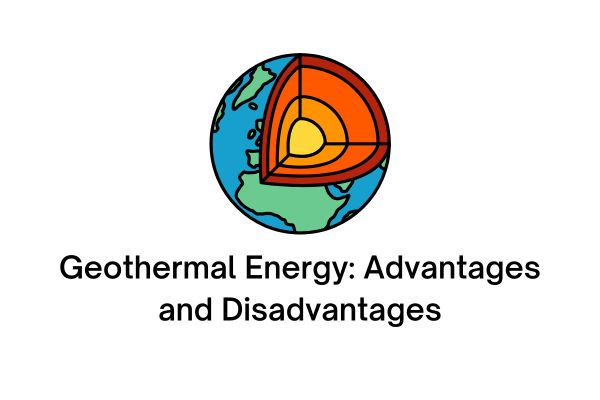As we all know, the earth we live on holds energy whose power can be said to be very large. Yes, this energy is geothermal energy.
Geothermal energy comes from heat resources found in the form of hot water, water vapor, rocks, minerals, and gas. Meanwhile, the definition of geothermal energy itself is not that different.
Daftar Isi
Understanding Geothermal Energy
Geothermal energy sources are located within the Earth’s core and are often associated with volcanic activity. The process begins when water from rain seeps into underground rock layers and reaches rock reservoirs.
There, the water is heated by magma, causing it to change into steam or hot water with a temperature of between 240 and 310 degrees Celsius.
To produce electricity, this thermal fluid is channeled to the surface through drilling and used to drive a turbine which then drives a generator.
After use, this thermal fluid is returned to the reservoir via reinjection wells to maintain fluid and temperature balance, keeping the geothermal system sustainable.
Advantages of Geothermal Energy
Geothermal energy as an energy source certainly has a number of advantages. So, to understand these advantages, you can read the following explanation:
1. Includes Renewable Energy Sources
Geothermal energy sources are classified as renewable energy because they originate from within the earth and its fluid circulation cycle.
Its existence provides opportunities for sustainable use.
2. Includes the Most Stable Energy Source
The electrical energy produced by Geothermal Power Plants shows much better stability compared to other renewable energy sources such as solar or wind power.
The advantage of geothermal energy lies in its independence from weather fluctuations or air conditions.
3. It is a very clean energy source with minimal pollution
Geothermal energy is a much cleaner option than fossil energy. Because, when used, geothermal energy produces very little pollution.
For example, the binary-cycle method used in Geothermal Power Plants does not create pollution or greenhouse gas (GHG) emissions.
4. Constant in terms of costs
Geothermal Power Plant costs are stable throughout the life of the infrastructure because there are no fuel purchases. Additionally, most costs for facilities are fixed.
Weaknesses of Geothermal Energy
Besides having a number of advantages, geothermal energy, especially in its use, also has weaknesses. The weaknesses include the following:
1. Requires quite expensive investment
To establish a Geothermal Power Plant, significant funding allocation is required for exploration, drilling, and generating infrastructure development activities.
The investment required in this initial stage can include a thorough geological survey, geothermal sustainability testing, and the construction of wells to extract geothermal steam or fluid.
Apart from that, drilling also requires sophisticated technology and special equipment as well as trained experts to carry it out efficiently and safely.
All of these stages require significant costs, especially due to the complex nature of exploration and drilling and require quite a long time to complete.
Thus, although the Geothermal Power Plant offers the potential for sustainable and environmentally friendly energy, it requires serious financial commitment to build and operate it effectively.
2. Affects the stability of the land around the Geothermal Power Plant
Geothermal Power Plant construction activities have great potential to influence the stability of the surrounding land.
This is caused by construction activities involving drilling and placing heavy structures which can trigger changes in the physical and chemical properties of the soil.
Apart from that, the drilling process during the construction of a Geothermal Power Plant can also cause local seismic activity which has the potential to affect the stability of the surrounding environment.
Physical disturbances and changes in soil composition can result in an increased risk of unwanted ground movements, such as landslides or land subsidence.
3. Less economical
Geothermal Power Plants tend to be more economically profitable in areas that have high geothermal activity.
Its use is more local and generally cannot be traded directly as buying and selling goods until it goes through a conversion process into electrical energy.
That is a brief explanation and description of the meaning of geothermal energy and its advantages and disadvantages.
So it can be concluded here that geothermal energy must be managed well so that it can be useful for human life and not cause harm.
Read Also :
